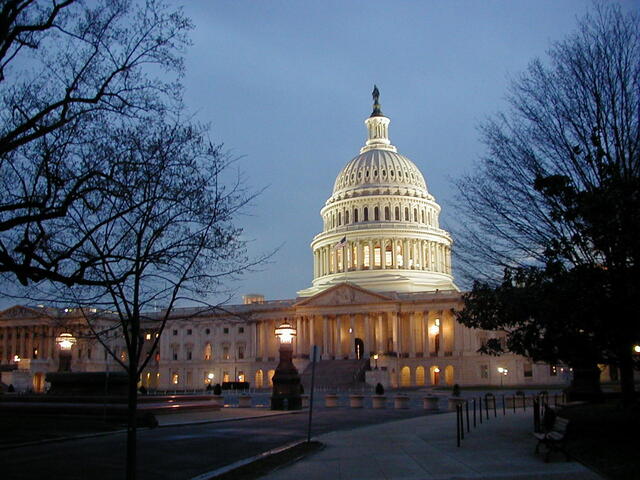Trust is Badly Damaged; Accountability is "In"
In 1995 Francis Fukuyama came out with a book called "Trust," in which he argued that a society's capacity for cooperation underpins its prosperity. The same year, Robert Putnam's famous article, "Bowling Alone," lamented that the United States was depleting its stock of precious social capital. The question of trust -- in government and also in communities -- preoccupied politicians too. "It Takes a Village," Hillary Rodham Clinton urged in the title of her 1996 book, which became a best seller.
You don't hear much about trust these days. Instead, we want accountability.
You see this most viciously in politics. In the mid-term campaigns, nobody has time for trust. The name of the game is to hold opponents accountable by attacking their records -- for failings real or imagined. If the Democrats capture one or both chambers, it will be largely because they promise to hold the president accountable.
This reflects a shift somewhere around 2003 or 2004. In the 1990s, after academics and pundits began talking about trust, the nation did actually become more trusting. The share of Americans saying they trust government "most of the time" or "just about always" rose from 21 percent in 1994 to 56 percent in 2002. Equally, elections became less abrasively focused on accountability. In 2000, according to John Geer of Vanderbilt University, a relatively low 40 percent of the messages in presidential TV spots were negative, down from 47 percent four years earlier.
But some time after the Iraq invasion, these trends reversed. In 2004 the share of Americans saying they trusted government fell to 47 percent, and this month a CBS News-New York Times poll put it at a rock-bottom 28 percent. Meanwhile Geer's measures show that in the 2004 election negative messages jumped to 50 percent of the total, and he guesses that this year's congressional races are the most negative in history.
There's been a similar change in corporate America. In the late 1990s, the new thing for corporate managers was to trust ordinary employees. Company hierarchies were flattened so that people in the middle could demonstrate initiative rather than suffocating under bureaucratic controls. In 1999, the Harvard Business Review reported that 30,000 articles on trusting and empowering middle managers had appeared in the business press over the previous four years.
That paradigm ended in 2002 with Enron, WorldCom and dozens of lesser corporate scandals. Suddenly nobody wanted to trust managers; they wanted to audit them. Instead of the era of management empowerment, we entered the era of mandatory online ethics training. Meanwhile private-equity firms are raising record sums to take over companies on the premise that incumbent managers need to be kicked rather than trusted.
[snip]But trust, when not abused, is nonetheless an asset. Accountants, lawyers and online training sessions impose costs on businesses; it would be cheaper to trust people if that were possible. Likewise, as Marc Hetherington of Vanderbilt University has demonstrated, government is constrained if nobody trusts it. The Great Society programs were possible because Americans trusted government in the 1960s; the creation of the Medicare prescription drug program arguably reflected the peaking of trust in government in 2003. But Bill Clinton's health care reform was thwarted in the low-trust early 1990s, and nobody now trusts government to modernize entitlements. Meanwhile President Bush had enormous foreign policy momentum in 2002-03 because Americans trusted him. Thanks to the Iraq mess, Americans are now focused on holding Bush accountable, and his options are limited.
There are powerful reasons trust tends to decline and accountability advances. Mobile societies tend to have weak bonds; the Internet makes it easier to hold people accountable and encourages acerbic negativity. And the absence of trust can feed on itself. Leaders function under stifling oversight; this causes them to perform sluggishly, so trust continues to stagnate. But occasionally there is a chance to escape this trap: A shock causes trust to rise, leaders have a chance to lead and there's an opportunity to boost trust still further.
We've recently had a double opportunity. The boom of the 1990s boosted trust in business; the 2001 terrorist attacks boosted trust in government. But CEOs and politicians abused these gifts with scandals and incompetence. Such is the cost of corporate malfeasance and the Iraq war: Precious social capital is destroyed by leaders' avarice and hubris.





